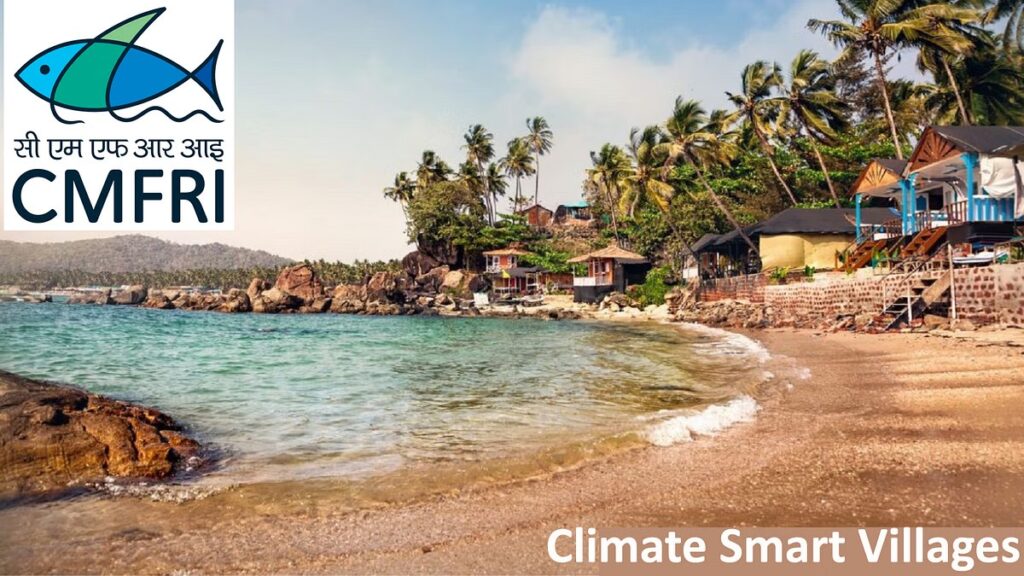
Chennai, Oct 21: The ICAR-Central Marine Fisheries Research Institute (CMFRI) is taking proactive measures to tackle the range of challenges faced by coastal communities, including flooding, shoreline changes, and disease outbreaks. The institute is emphasizing the creation of climate smart villages, providing training and resources to fishers and farmers in vulnerable coastal areas to enhance their resilience to climate crises, as outlined in a recent CMFRI report.
This report was presented at the global conclave on mainstreaming climate change into international fisheries governance, organized by the Food and Agriculture Organisation (FAO), in collaboration with the Department of Fisheries, Government of India, and the Bay of Bengal Programme Inter-Governmental Organisation (BOBP) from October 17 to 19 in Chennai.
Highlighting the escalating threats posed by increased cyclones, storm surges, and coastal flooding, the report underscores the social and economic hardships faced by coastal communities. Dr. Grinson George, Head of the Marine Biodiversity Management and Environment Division of CMFRI, noted the cascading impact on fishers’ safety and livelihoods, leading to income loss, property damage, health issues, and unemployment.
The report also addresses the rising instances of waterborne diseases in coastal areas due to storm surges and flooding. To combat this, CMFRI suggests the establishment of water clinics for testing water quality and creating community awareness.
Additionally, CMFRI proposes several smart solutions, including Integrated Multi-trophic Aquaculture (IMTA), seaweed farming, mangrove forestation, and other adaptation and mitigation measures. The institute advocates the use of AI and satellite remote sensing for estimating and predicting marine harvests, addressing climate-based inter-annual fluctuations. Developing species distribution models is also recommended to assess multi-species stocks in tropical climate-challenged contexts.
In a bid to boost the marine capture fisheries sector, CMFRI suggests exploring unconventional and untapped deep-sea resources such as oceanic squid, oceanic tuna, tuna-like fishes, and mesopelagic fishes. These measures aim to enhance the overall resilience and sustainability of coastal communities in the face of climate-related challenges.






